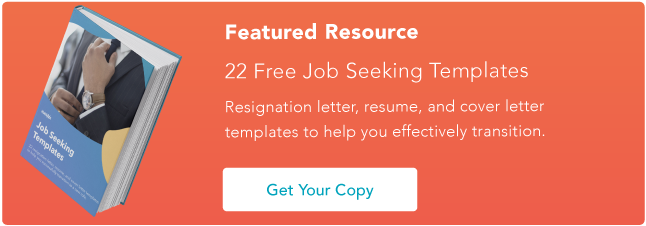How To Be a Good Interviewer

By fneedle@hubspot.com (Flori Needle)
Having a good conversation with a candidate helps you understand who they are, their skill set, and what they’d bring to your team.
So, being a good interviewer goes hand-in-hand with hiring successful talent that can contribute to meeting your business goals.
Read on to learn everything you need to know about becoming an effective interviewer.
Why is it important to be a good interviewer?
Being a good interviewer is essential because it helps you hire the right people for the job. Therefore, the skill is key for any employer that wants to hire the right candidates who are motivated, able to do the job, and are a good cultural fit for the company.
Being a good interviewer also shows respect for the interviewee. It demonstrates that you value their time and insights and are willing to invest the effort to get to know them better.
How to Be an Effective Interviewer
The best interviewers make interviews feel like conversations instead of interrogations, and they work to develop rapport with candidates to help them feel comfortable opening up and sharing information about themselves.
Let’s go over how to do this.
1. Start the conversation on a lighter note.
Candidates may be nervous at the beginning of the interview, so it can always be helpful to make small talk and begin the conversation on a lighter note before the actual interview starts. However, make sure you don’t spend so much time on small talk that you need to cut the interview short later on.
2. Do your research.
Re-review the candidate’s application, resume, and cover letter before the interview, so you know their qualifications and why they’re interested in the role.
This gives you a refresher on their background and helps you generate focused questions about what they’ve already shared that will help you dig deeper into their interest in and relationship to the role.
3. Ask open-ended questions.
Open-ended questions encourage candidates to elaborate on their answers and give you more information to work with. When you do this, ensure that you give the interviewee time to answer the question entirely.
This also means avoiding yes or no questions when not entirely necessary. For example, you can confirm with someone that they spent three years working at their last company, but asking a yes or no question about their role at said company doesn’t give you the information you’re looking for.
3. Listen more than you talk.
Aim to do more listening so you can gather as much information as possible. This is a quick tip because it leads directly to the next tip: practicing active listening.
4. Practice active listening.
Active listening is a communication style that involves focusing entirely on the person who is speaking so you can take in what they’re saying and participate in the conversation in a meaningful way.
It’s important during interviewers because it helps you learn more about the candidates and ask relevant follow-up questions when they have said …read more
Source:: HubSpot Blog

![Download Now: 100 Marketing Interview Questions [Free Access]](https://no-cache.hubspot.com/cta/default/53/9cd76457-ee12-40f6-b9d3-53674b1f7714.png)







